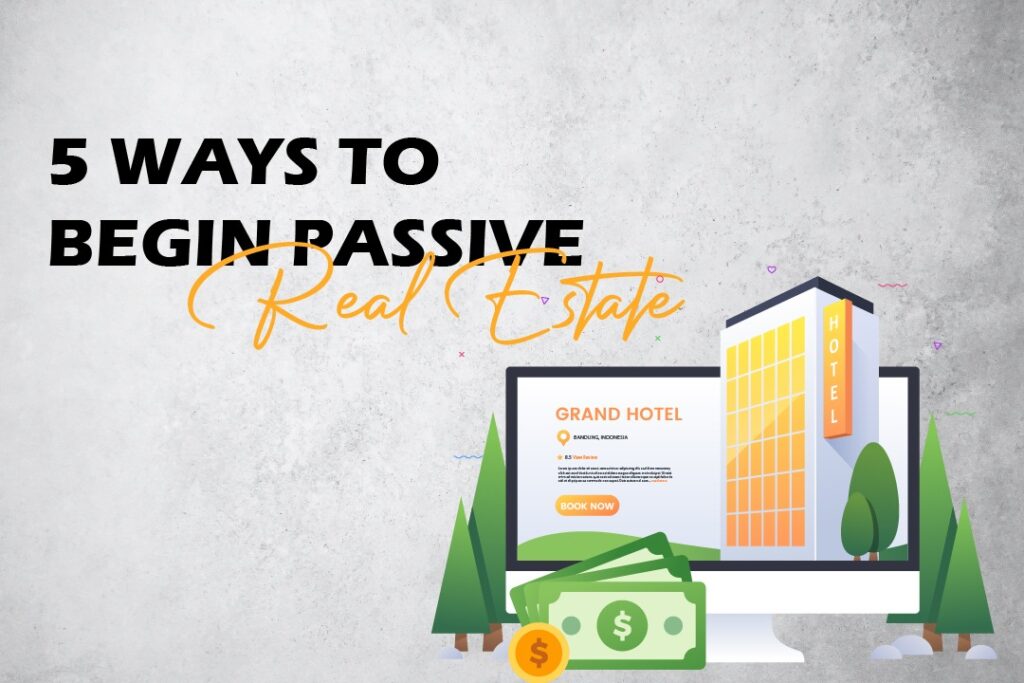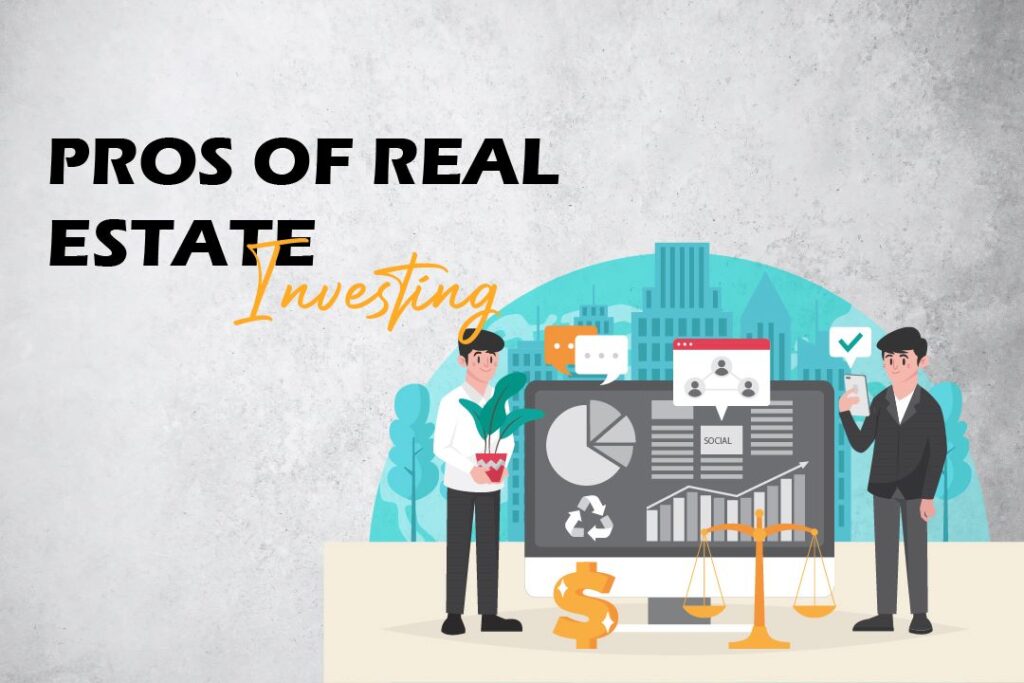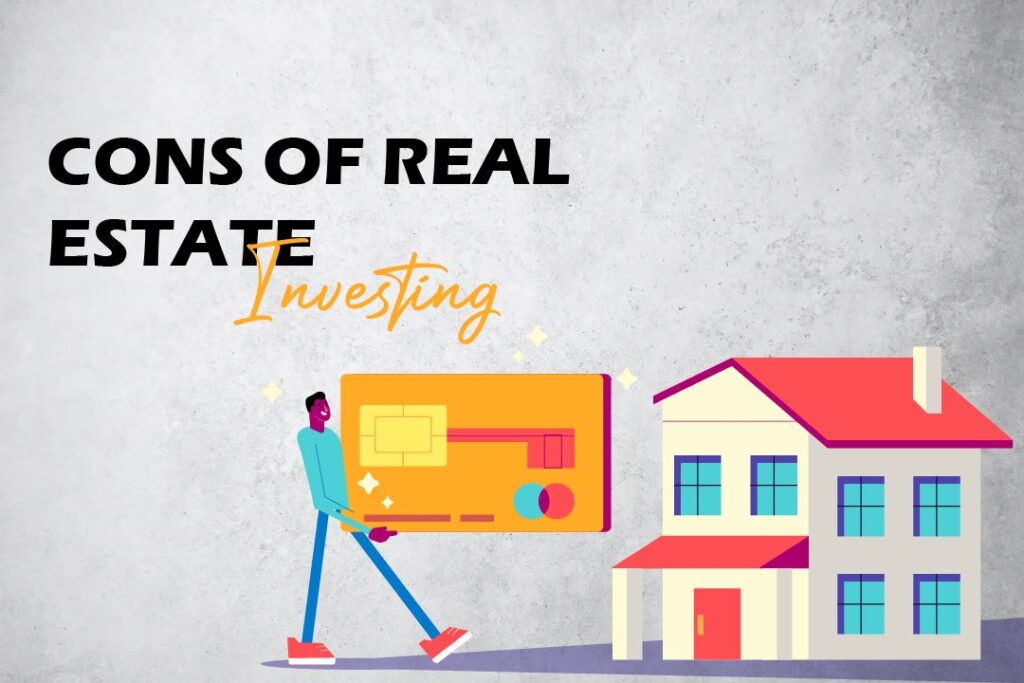Business owners often have multiple roles to perform. From customer service to handling all
the administrative tasks, a business leader’s responsibility seems endless. Such a busy
routine and numerous responsibilities can make taking every job challenging for the owner.
In this case, as a business leader, you may want to consider an Administrative Virtual
Assistant.
This article will explore some of the most effective benefits of hiring an Administrative Virtual
Assistant. But before going into the perks of hiring these professionals, we’ll see what
exactly it is. And then, we’ll go through the benefits one by one.
What is an Administrative Virtual Assistant?
Administrative Virtual Assistant is a professional who remotely helps businesses with
administrative tasks. These individuals never collaborate physically but work like personal
assistants (PAs). Administrative VAs are often freelancers working for an agency dealing
remotely with several clients. These professionals have an hourly rate but are far less
expensive than hiring a personal assistant for administrative tasks.
Administrative Virtual Assistant has gained popularity since Covid because these VAs have
been flexible and consistent with their work. When a business hires an experienced
administrative virtual assistant, it is more likely to save as much as 78% in operating costs.
The reason behind the cost-effectiveness of hiring administrative VAs is that they only
charge for their productive time, enabling them to use their resources effectively.
Benefits Of Hiring An Administrative Virtual
Assistant
Hiring an Administrative Virtual Assistant can benefit your Business in many ways. These
professionals can save precious time, streamline administrative processes, build customer
loyalty, and perform many other tasks to help you achieve your business goals. Continue
reading for a thorough understanding of the benefits of hiring an administrative virtual
assistant.
Financial Sustainability For Your Business
When you hire a personal assistant, it can be pretty expensive for you. You’ll have to pay
monthly salaries and manage their medical insurance and other incentives. On the other
hand, Administrative Virtual Assistants are independent contractors. It means you’ll only
need to pay them for their working hours and not more than that.
As these professionals work remotely, you can hire them from any part of the world. You can
hire individuals who already possess the skills required, so you won’t have to invest in their
training. Therefore, hiring skilled administrative VAs can ensure the financial sustainability of
your Business.
Deliver High-Quality Work
Easy tasks like checking emails, managing your social media page or website, or answering
phone calls can be time-consuming. But have you ever imagined someone else working
these tasks for you? Imagine your productivity level if you had someone else to do these
easy tasks while utilizing your time on other essential things. Thus, hiring administrative
virtual assistants can enable businesses to deliver high-quality work.
Save Your Time For More Important Things
One of the most valuable benefits of adding an Administrative Virtual assistant is time-
saving. Sometimes, it gets tricky for a single person to handle all the tasks, like answering
clients and solving petty issues single-handedly.
A good option is to hire an administrative virtual assistant for numerous tasks, and the owner
can now concentrate on the growth of the Business. In addition, the company’s employees
won’t have to worry about being overloaded with work. Therefore, it is sensible for start-ups
and established businesses to hire a virtual assistant for their administrative tasks to ensure
smooth operations.
Track Your Business Progress and Identify Areas To Improve
Administrative Virtual Assistant provides you with a weekly report of your business progress.
This approach allows you to identify tasks in the information that took longer to complete and
then prioritize your tasks to achieve the most important ones on time.
There are numerous Virtual Assistant Companies, some of which have online portals. These
portals enable business owners to see what their Virtual Assistant is working on.
Build Customer Loyalty
Every Business aims to ensure customer loyalty. Therefore, every Business must interact
with their customers and build a good reputation by addressing their concerns. But, as we’ve
mentioned earlier, these petty tasks can only be handled independently, and as a business
owner, you would never want to talk to your clients in a quavering voice. Therefore, hiring an
administrative virtual assistant can help Businesses build customer loyalty.
Boost Your Productivity
An experienced Administrative Virtual Assistant can have a significantly positive impact on
the productivity of your Business. These professionals get their tasks done far quicker than
you could. In addition, hiring a VA will ease the burden of the existing employees.
Since VAs work remotely, they can save time on transportation and talk with colleagues in
the office. These professionals are only paid for the work they complete, and that’s the
reason they’re relatively more focused on their work.
Protect Your Business From Higher Risks
There comes a time in every organization when you’re unaware of the entire situation, and
you can’t predict what will happen next. Sometimes, you can indicate that the numbers are
pointing towards the growth but don’t know how it will happen.
Here, an Administrative Virtual Assistant’s role comes into play. You don’t have to hire new
employees necessarily, but a Virtual Assistant can be a perfect option for such a scenario.
Taking this step not only saves your money and time but also streamlines your business
operations.
Adapt To The Change Quickly
Administrative Virtual Assistants have flexible working hours. Unlike other permanent
employees, administrative VAs don’t work from 9-5. It doesn’t matter where your Virtual
Assistant is staying; even if you live in a different time zone, you can still utilize the skills of
your VA to operate your tasks. You can ask your VA to work for 8 hours a day. This
approach will significantly help you maximize the output and reduce the cost.
Hire The Best People Worldwide
Hiring a personal assistant for your physical office reduces your limit of hiring individuals who
live within your local area. These employees might not be a good fit for your Business, but
you still hire them to keep things going.
But if you’re willing to hire an administrative virtual assistant, you can hire these
professionals worldwide. These individuals work remotely and don’t need to live near your
office. So you have more opportunities to engage the ideal candidate for this role.
Better Work-Life Balance
Running a business can be stressful as well as challenging. If you start managing all tasks
by yourself, it might become difficult to separate your professional and personal life. You
won’t even be able to give enough time to your loved ones.
Therefore, hiring an Administrative Virtual Assistant can be significantly helpful in managing
all the micro and time-consuming tasks. This strategy allows you to focus on your business
growth and sustainability.
Frequently Asked Questions (FAQs)
What Is The Difference Between Administrative Virtual
Assistant and Virtual Assistant?
One of the significant differences between Administrative VA and Virtual Assistant is that
administrative virtual Assistant focuses mainly on business administrative tasks. At the same
time, Virtual Assistant tends to manage a variety of functions, including the personal needs
of their employers.
What Are The Different Types Of Virtual Assistants?
Some of the most common types of virtual Assistants include:
● Administrative Virtual Assistant ( Schedule meetings, answer the calls and manage
communication with clients or vendors)
● Data Entry Virtual Assistants ( Compiling and uploading data to CRM)
● Social media Virtual Assistant ( Promoting products and services through social
media channels like Facebook, Instagram, Twitter, etc)
● Book Keeping Virtual Assistant ( Maintaining account records)
Which Industry gets the most benefits from hiring Virtual
Assistants?
Many industries benefit from their Virtual assistants, but the healthcare industry is at the
top—virtual Assistants in the health industry schedule patient appointments and record and
file insurance claims. However, the skills these professionals possess also fit nicely into
various other Businesses like real estate.




